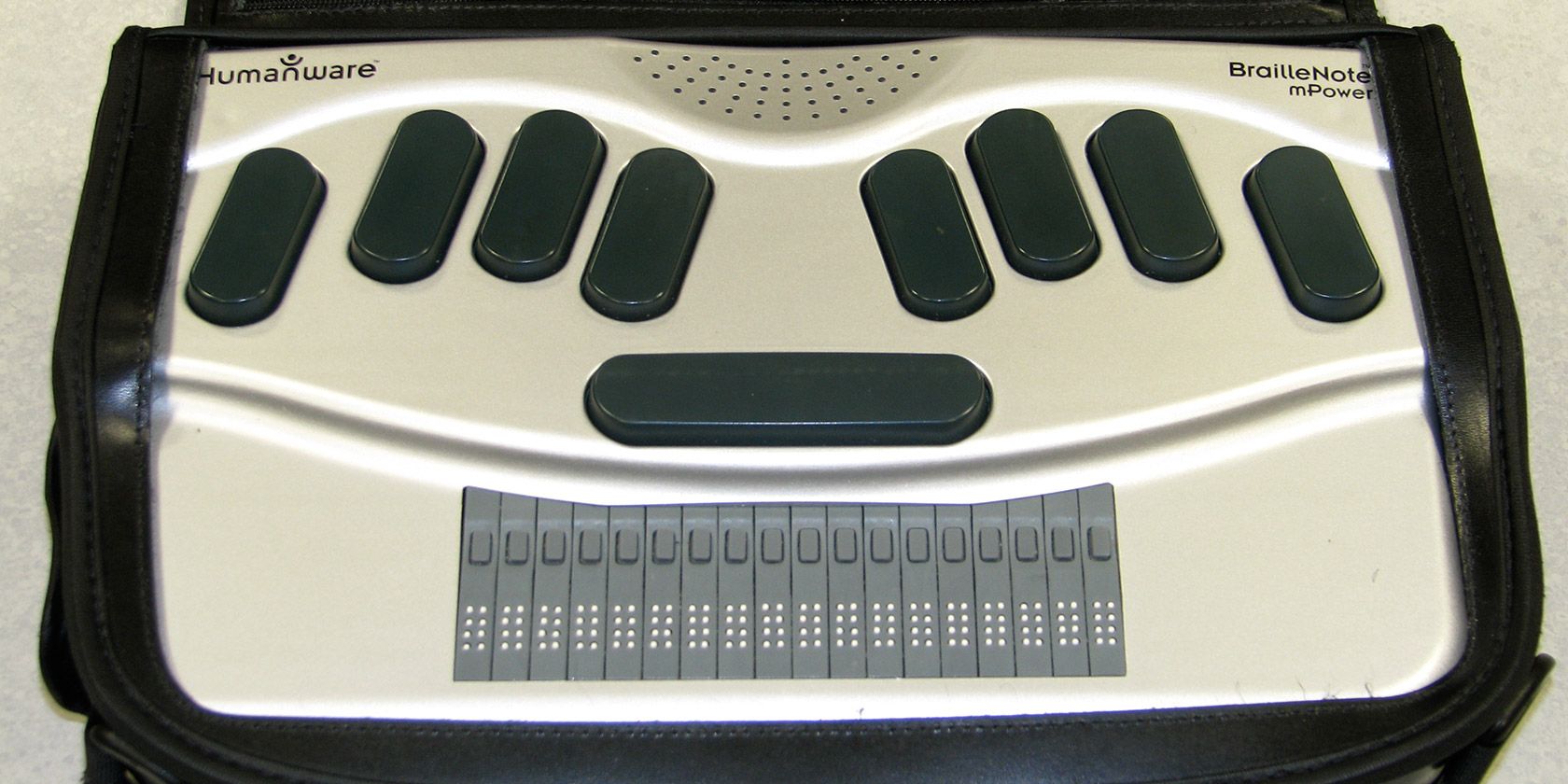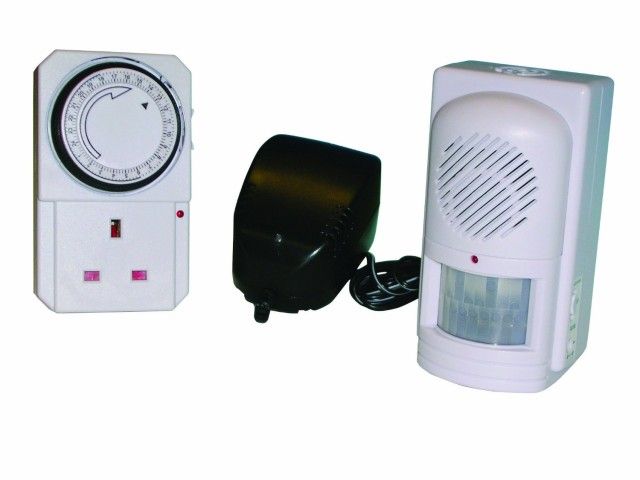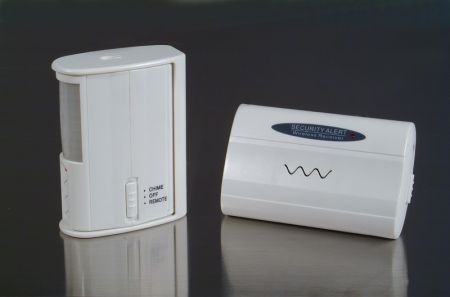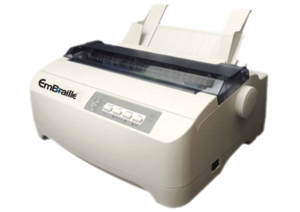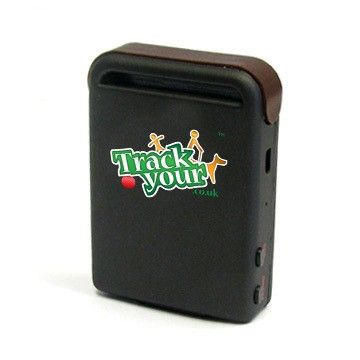The onset of modern technology has brought great benefits to able-bodied users, but these benefits pale into insignificance when compared with the way computers have revolutionised the way disabled people can interact with the world around them.
We recently looked at how disabled gamers can play any game of their choosing by using sophisticated voice control software - but this article aims to look at how the disabled can take advantage of technology from a broader perspective.
Assistive Technology
The British Institution 'The Royal Commission for Long Term Care' defines the term 'assistive technology' as "any device or system that allows an individual to complete a task that they would otherwise be unable to do, or increases the ease and safety with which the task can be performed."
It has many benefits for people who suffer from a wide range of differing disabilities. It can help promote independence and autonomy, manage potential risks around the home, and aid memory and recall - ultimately greatly improving a disabled person's quality of life.
The technology available can vary from simple tools to complicated machines and software. Here, we look at some of the best assistive technology available today.
Wander Reminders
Particular useful for those who suffer from dementia and other forms of memory loss, 'wander reminders' use the pre-recorded voice of a loved one to deliver reminders and reassurance. They use reliable and inexpensive technology that can be easily installed to suit the needs of individual situations.
Messages can perform a variety of functions and thus assist with both time/location awareness and the recall of daily appointments. Examples include making someone remember to lock the door or pick up their keys when leaving their home, encouraging someone to go to bed at a certain time, or reminding a homeowner not to trust bogus callers when the doorbell rings.
Amazon stocks a wander reminder made by BIME, and it is available for £59.00 (approximately $98.80).
Telecare
'Telecare' refers to devices that continuously, automatically and remotely monitor real-time emergencies to help manage the risks for disabled people who live alone or work at home. The technology works by using a telephone line to link sensors around the home to a nominated person or call centre. If a problem occurs, the sensors will automatically trigger an alarm to the relevant party.
Sensors can monitor a wide range of situations. Threats from flooding, fire, and gas can all be detected, but also more practical issues such as falls (from sensors worn on a person's hip), absence from bed or chair for a prolonged period (using pressure mat sensors), and leaving the home between certain hours (by using passive infra-red or door contacts).
Floor sensors, chair sensors, and door sensors can be purchased from specialist retailers such as DisabledGo.com and start from £55 ($92), whereas the more expensive fall protection systems start from £130 ($217).
Braille Embosser
Braille embossers are printers for braille. Whereas a regular printer adds ink to a page to produce visible characters, an embosser creates raised dots on a page to form braille characters. MakeUseOf has already looked at ways both blind and other disabled people can work from home, and for those that do this is an invaluable tool.
Some printers are able to print both ink and braille in order to make a document readable by the blind and the full-sighted alike - though they do need a special type of paper that is both thicker and more expensive than standard printer paper.
The printers can be found from numerous online suppliers, with EmBraille's cheapest starting at around £1,500 ($2,511).
GPS Aids
GPS aids is a broad section that covers a number of devices and applications of GPS technology. Two of the most used are wheelchair routing and GPS tracking.
Wheelchair routing is used by universities, government organisations and tourist companies to help wheelchair-bound people easily navigate around public spaces. Examples include developers in Germany who have developed a wheelchair routing portal for OpenStreetMap and the Zurich Tourist board who offer wheelchair-friendly city tours using GPS routes.
GPS tracking uses satellite technology to help trace someone who has gone missing. It means a person's location can be viewed on a computer or mobile phone and the person carrying the device can press a panic button if they get lost. When purchasing a device, check whether it works when the person is indoors and how often the device will need charging.
Trackers are available from several online suppliers, for example TrackYour offers a model for £99 [Broken URL Removed] ($176) - however, it is also possible to turn your smartphone into a GPS tracking device to save money.
Assistive Tech For All?
Assistive technology may not be the answer for everybody. People have different needs, abilities and preferences and one size does not fit all. Some people may benefit from additional carer support or services rather than using technology at all.
If you are interested in implementing some of the technology in this article, you should seek professional advice before making any decisions.
Image Credits: Beth Knittle Via Flickr

